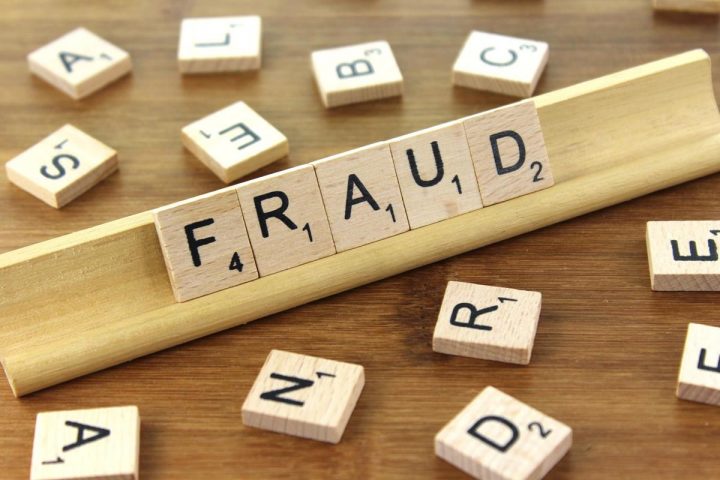Sadly, charities are not immune to various types of fraud
Charities provide essential social services that benefit communities and their members. Unfortunately, just as with any other organisation, charities are susceptible to fraud, which is defined as dishonesty, involving the following:
- False representation
- Failing to disclose information
- Abuse of position to make a gain or cause loss to another
Fraud is the most reported crime in the United Kingdom and the charity sector annually loses at least £150 million to it, according to the Office for National Statistics.
Even though the threat of fraud seems to be pervasive, there are actions that your organisation can take in order to reduce your risk. The Charity Commission recommends that you adopt the following practices:
- Establish strong financial management.
- Institute and enforce financial controls.
Bollington has previously addressed various types of fraud when asking the question 'How susceptible to crime is your organisation?' This should help your charity to understand some potential risks and offers simple advice to address them, including a checklist to assess where you may have exposure to internal or external crime. Armed with this information, you could reduce the chances of fraud being committed.
You may also wish to consider the different types of insurance you have in place (e.g. cyber insurance) to cover the risks you face, once you have assessed them in our point-by-point list.
You can report attempted or actual fraud to Action Fraud at 0300 123 2040. If you're looking for further advice on preventing or insuring against such risks, please contact the specialist care and charity team at Bollington on 01625 348029.








